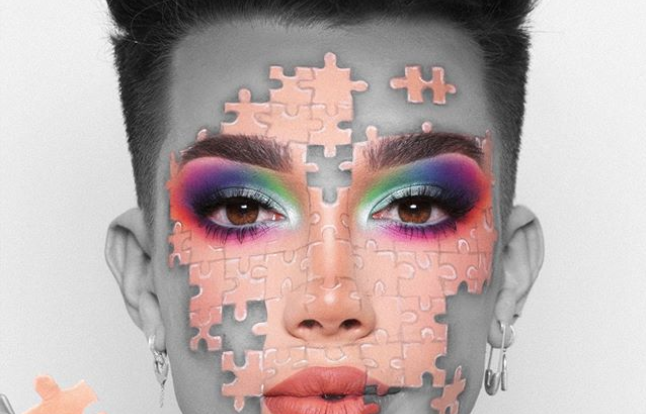Coming out as queer is a deeply stigmatized process of understanding, accepting and celebrating one’s identity. Each coming out story tells a uniquely personal tale of self-acceptance and community, but it’s also something some may never get to tell— in some countries, anti-gay laws lead to criminalization, social exclusion and death. The fight for LGBTQ+ rights in the United States is an ongoing one as employment discrimination, anti-gay adoption policies and anti-LGBTQ hate crimes permeate our legal landscape.
Many straight TikTok influencers, however, have failed to grasp the seriousness of coming out: in a series of April Fools’ pranks, the majority of which are now deleted, several non-LGBTQ+ Tiktokers lip-sync to will.i.am’s “Boys & Girls” to come out as queer. Notably, Olivia Ponton, Zachary Smith and Ivan Martinez, all of whom have more than one million followers, followed this trend. Shortly after posting these videos, the TikTokers revealed that they were, after all, not queer.
i thought that zsmitty’s tik tok was real at first but it turns out that this was an april fools joke- when will people learn that coming out as an april fools joke is NOT okay? pic.twitter.com/PeEu2UoMnG
— MOVED (@quaitrelle) April 2, 2020
Ivan Martinez has now deleted this TikTok in which he appears to come out as bisexual. pic.twitter.com/3xflaqUMlO
— Palmer Haasch (@haasch_palmer) April 3, 2020
Viewers have been quick to point out the April Fools’ trend as queerbaiting, a marketing ploy that manipulates sexual ambiguity to tease or gain sympathy from an LGBTQ+ audience. Queer TikTokers Benji Krol and James Charles publicly criticized these pranks, alluding to their own experiences with homophobia to condemn queerbaiting.
https://twitter.com/qtbloo/status/1245793359131742209?s=20
…. why james charles kind of snap https://t.co/Rg8JhrLgbn
— syd ✿ (@petermjbags) April 3, 2020
I made the decision to come out in 2016. It’s a freeing process— since then, I’ve had the privilege to broaden my horizons, discover new passions and experiment with my identity. But it wasn’t easy — definitely not as easy as lip-syncing to a will.i.am song. Coming out forced me to confront colossal uncertainties in my life: what if my friends thought I was weird, or what if I was kicked out? Along the way, I encountered hate in multiple forms— homophobic slurs hurled at me, intolerant family members and sneers from classmates.
Coming out is a ceaseless cycle of conformity, confusion and self-acceptance. What strikes me as problematic is how Tiktok influencers are mocking that process to evoke sympathy while simultaneously commodifying LGBTQ+ culture. Treating one’s sexuality as an April Fools’ joke invalidates our stories — decades-long stories of fear, exclusion, and criminalization — and isn’t even remotely humorous. To queerbait to millions of young fans is to normalize a culture of casual homophobia that devalues queer voices. The trend sheds light on the tremendous privileges that non-LGBTQ+ people hold when it comes to their sexuality— for them, who they love isn’t something to be stigmatized or criminalized for.
As consumers of digital media, it is our duty to make sure we do not enable toxic behavior on online platforms like TikTok. Influencers wield tremendous power in teaching their young audiences to distinguish right from wrong. These widely available forms of media serve as tools of socialization, socializing young consumers to adhere to problematic beliefs– in this case, the belief that someone’s sexuality is a joke. There are thousands of actually queer TikTokers that provide sensible, unproblematic humor. And get this: they’re actually funny.
Featured image via Instagram












